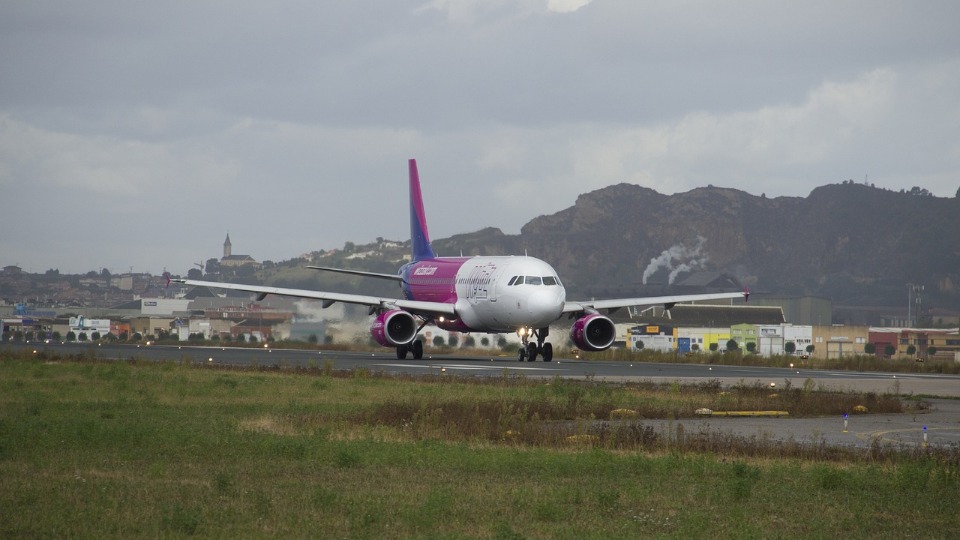
Impact on Major City Train Services in Germany During Week-Long Strike

This week's German Rail Strike: Impact on Passengers from Berlin to Munich.
Early today, train drivers in Germany commenced a strike lasting nearly a week.
This strike is the most recent in a series of protests regarding working hours, conditions, and wages. The Union GDL has declined a salary proposal presented last Friday by the German railway company, Deutsche Bahn (DB).
"In their third and supposedly improved offer, Deutsche Bahn has once again demonstrated its steadfast commitment to its original stance of denial and conflict. There's no evidence of any intention to negotiate," stated the union in a press release on Monday.
Rail Travel in Germany Nears Standstill Due to GDL Union Strike Earlier This Month.
The latest passenger train strike started at 2 am on January 24 and will continue until 6 am on January 29.
Reasons Behind the German Rail Workers' Strike:
The GDL union has decisively voted to authorize substantial strikes at the state-run Deutsche Bahn (DB).
On December 8, the union conducted a 24-hour 'warning strike,' a typical strategy in German wage negotiations. However, the conflict has been intensifying.
After a three-day strike earlier this month, the current strike is set to be the longest yet in this ongoing dispute.
At the heart of the matter is the union's demand for a reduction in weekly working hours for shift workers from 38 to 35, without a cut in pay, a proposal that employers have so far resisted.
GDL is demanding a monthly pay increase of €555 for workers, plus a one-off payment of up to €3,000 to mitigate the effects of inflation. Earlier this month, DB stated it had proposed an offer equivalent to an 11 percent salary increase.
DB has also proposed that shift workers could reduce their weekly hours from 38 to 37 starting in 2026, or receive additional pay to maintain their current hours.
Effects of the German Train Strike on Passengers
Deutsche Bahn has announced that to accommodate as many passengers as possible during the strike, longer trains will be deployed for the limited available services. However, the company has warned that these services are not guaranteed and has advised passengers to avoid non-essential travel during the strike period.
The strike is set to occur nationwide, and its effects are expected to be felt throughout Germany.
"DB has stated that the upcoming strike will significantly impact all aspects of German rail operations," according to their recent statement.
For managing the situation, the rail operator plans to implement an emergency schedule, significantly reducing the number of journeys for long-distance, regional, and S-Bahn services. Passengers are advised to check their journey details 24 hours in advance and to make seat reservations for long-distance trips.
Passengers with tickets for the strike period can use them for travel on January 23, before the strike starts, or reschedule for a later date. If a train is cancelled, passengers are entitled to a full refund. Further information about passenger rights during this period is also available.
Potential for Additional Train Strikes in Germany in 2024
Travelers in Germany might face more train strikes in 2024 as ongoing negotiations persist.
"The upcoming strikes will be more intense, prolonged, and challenging for customers than those experienced so far," warned the chairman of GDL earlier this month. This statement now seems to be materializing into reality, indicating a likelihood of further disruptions in train services throughout the year.








